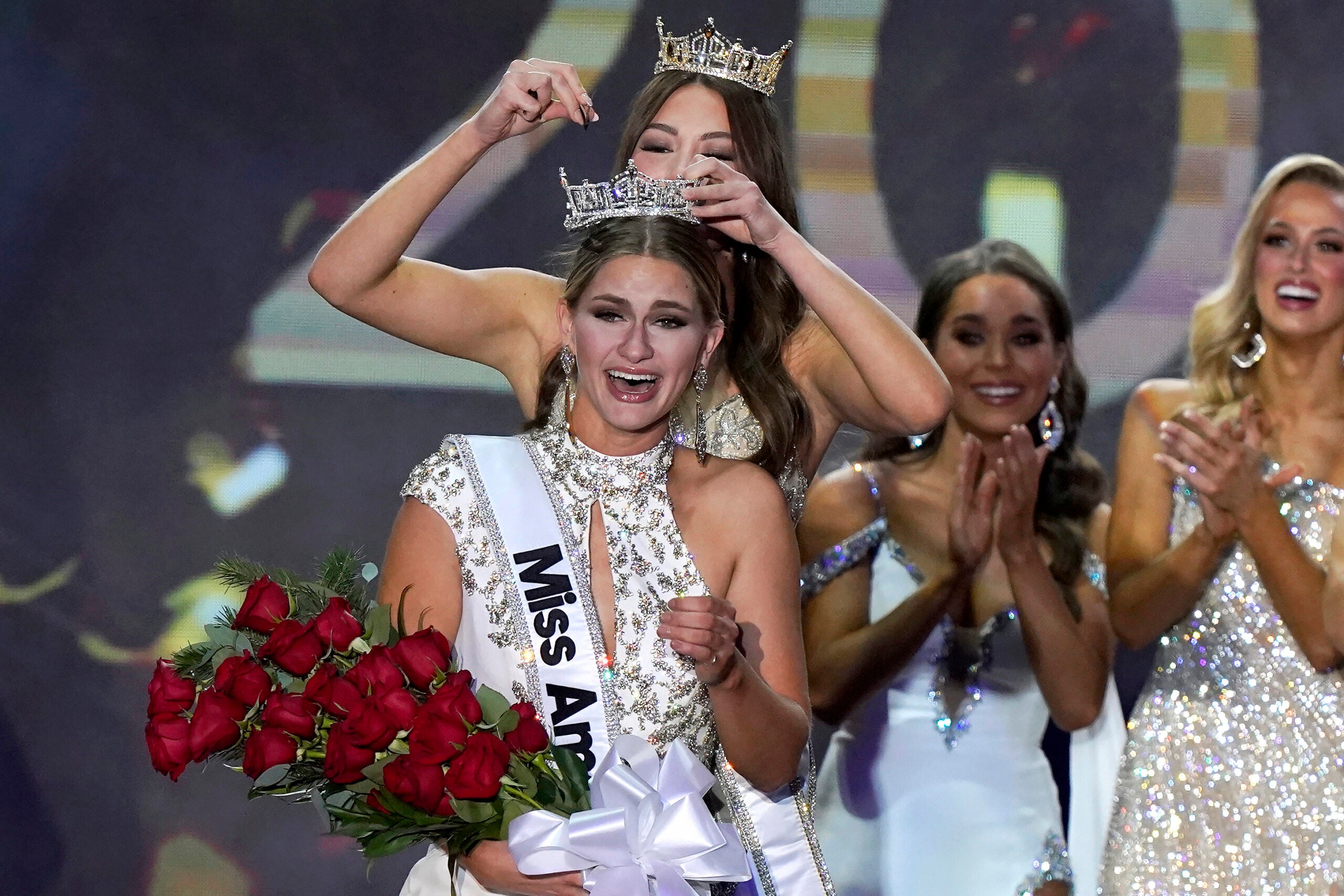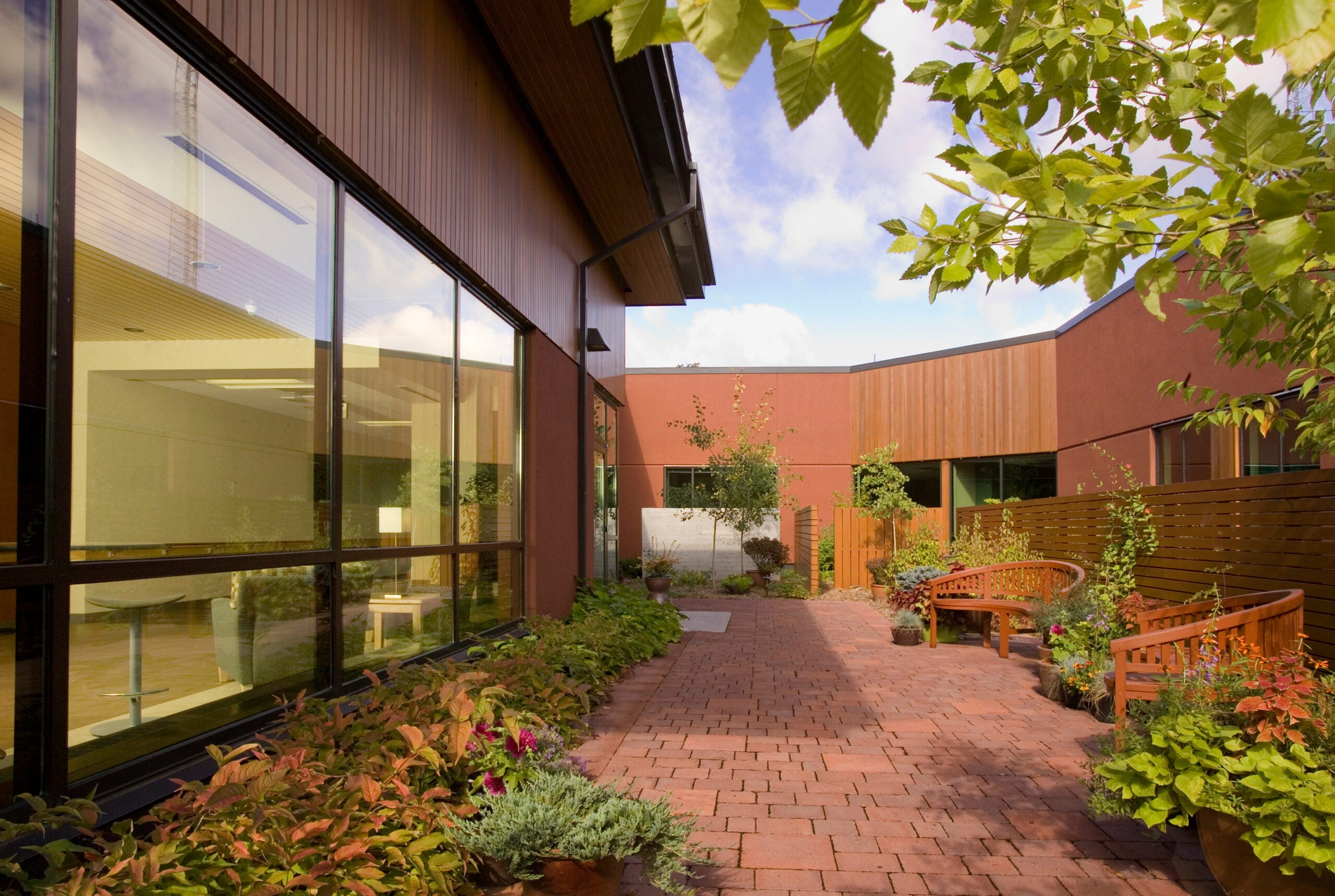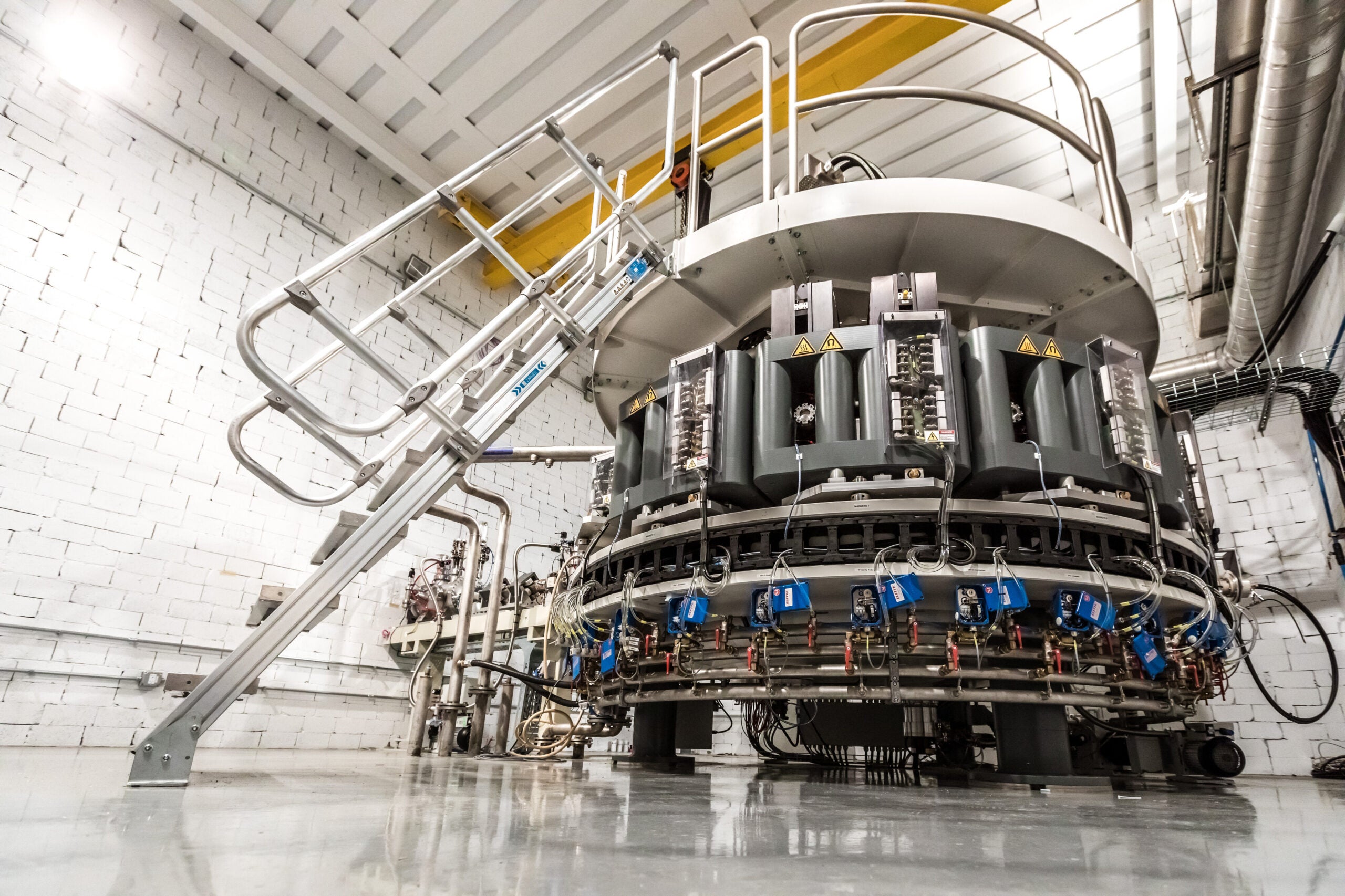The newly crowned Miss America, Grace Stanke, said she wants to spend her term promoting nuclear power as a cleaner way to reduce fossil fuel emissions.
“It doesn’t use a lot of land,” said Stanke, a Wausau native and University of Wisconsin-Madison senior studying nuclear engineering. “As our population continues to grow, we can continue to use that land for farming and agricultural purposes, and we can use that clean, zero-carbon energy coming from nuclear energy to power our cities.”
During an appearance Thursday on Wisconsin Public Radio’s “The Morning Show,” Stanke also discussed her reaction to winning the national title Dec. 15, her love for playing violin and diversity in the Miss America contest.
News with a little more humanity
WPR’s “Wisconsin Today” newsletter keeps you connected to the state you love without feeling overwhelmed. No paywall. No agenda. No corporate filter.
The following was edited for brevity and clarity.
Kate Archer Kent: What went through your mind when you felt that crown placed on your head?
Grace Stanke: Thankfulness. But in all reality, it was also absolute chaos. That’s a moment — in the same way an athlete envisions the gold medal — that is what it was for me. It’s that envisioning and that dream coming to life.
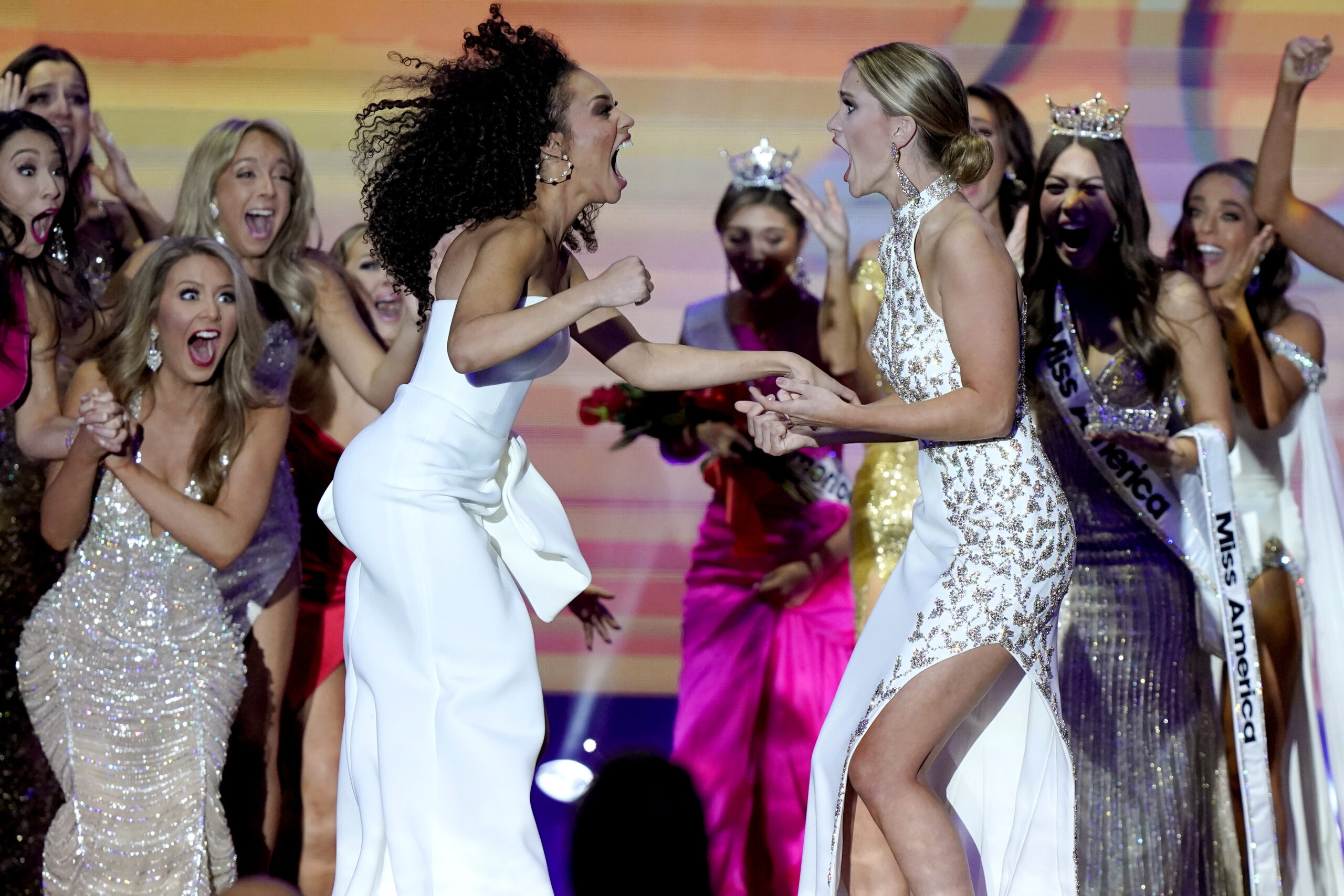
KAK: You were exchanging a lot of words with Miss New York in those final seconds. What were you talking about?
GS: One of the best things about going to Miss America is meeting those other 50 incredible women. We have a woman from each state and the District of Columbia compete for the job of Miss America, and every single one of those women were able to do the job of Miss America. They were incredible. We had trauma surgeons, teachers, lawyers, performing arts specialists and so many more incredible women.
When I was standing up there with (Taryn Delanie Smith), who was Miss New York, she was the first runner-up. We were just sharing kind words with each other. I was telling her how I envisioned her year as Miss America, because it truly is about supporting each other as women and uplifting each other as we continue our lives. Only one woman walks away as Miss America, but that doesn’t change the fact that we’re able to go on and do great things in this world.
KAK: How has playing the violin helped you see your education or problems you come across in new ways?
GS: My violin has been such a huge part of my life — one in a way for me to cope with my emotions but also in a way for me to look at engineering problems with a different perspective. I always get frustrated when people say, “Are you right brained or left brained?” I fully believe people can be both.
Having the ability to be an engineer and a musician makes me a better musician (and) a better engineer, because I’m able to look at things with a different perspective than somebody who is really set on that one-track mind.
I’m a competitive water skier. I love hiking. I love my violin and spending time with my family — on top of nuclear engineering. All of those (other) things are what gives me a good background to be an engineer.
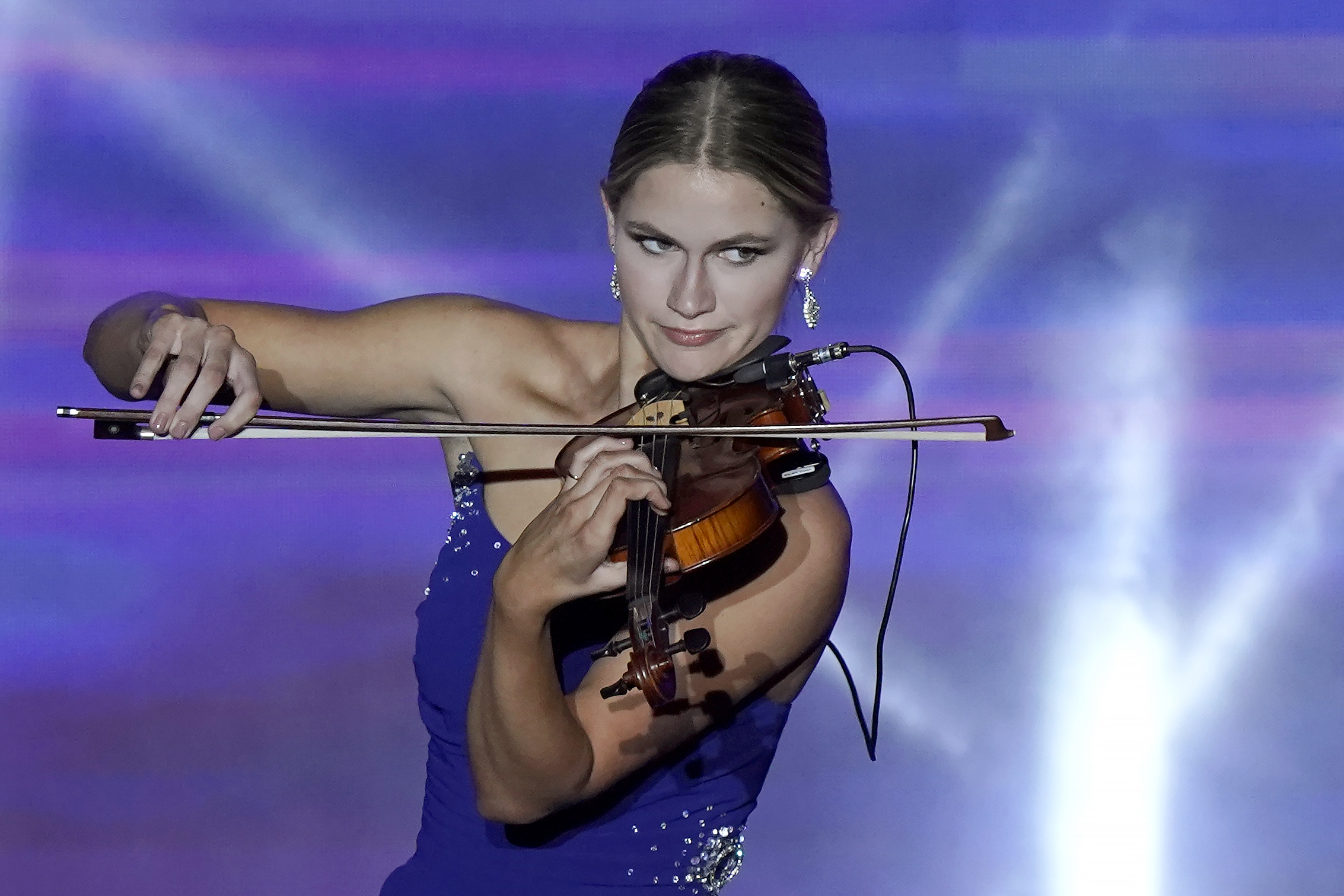
KAK: What do you think about environmental concerns over radioactive waste?
GS: Each individual throughout their lifetime (would) create only one soda can worth of waste. That’s such a small amount in comparison to the tons of emissions that coal, fossil fuel and natural gas plants are creating.
But when it comes down to it, nuclear waste really isn’t waste. When we pull it out of the plant, there still is at least 80 percent of that energy in that fuel still there. But because of public policy, we’re not able to recycle. We’re not able to reuse that waste for any other purposes.
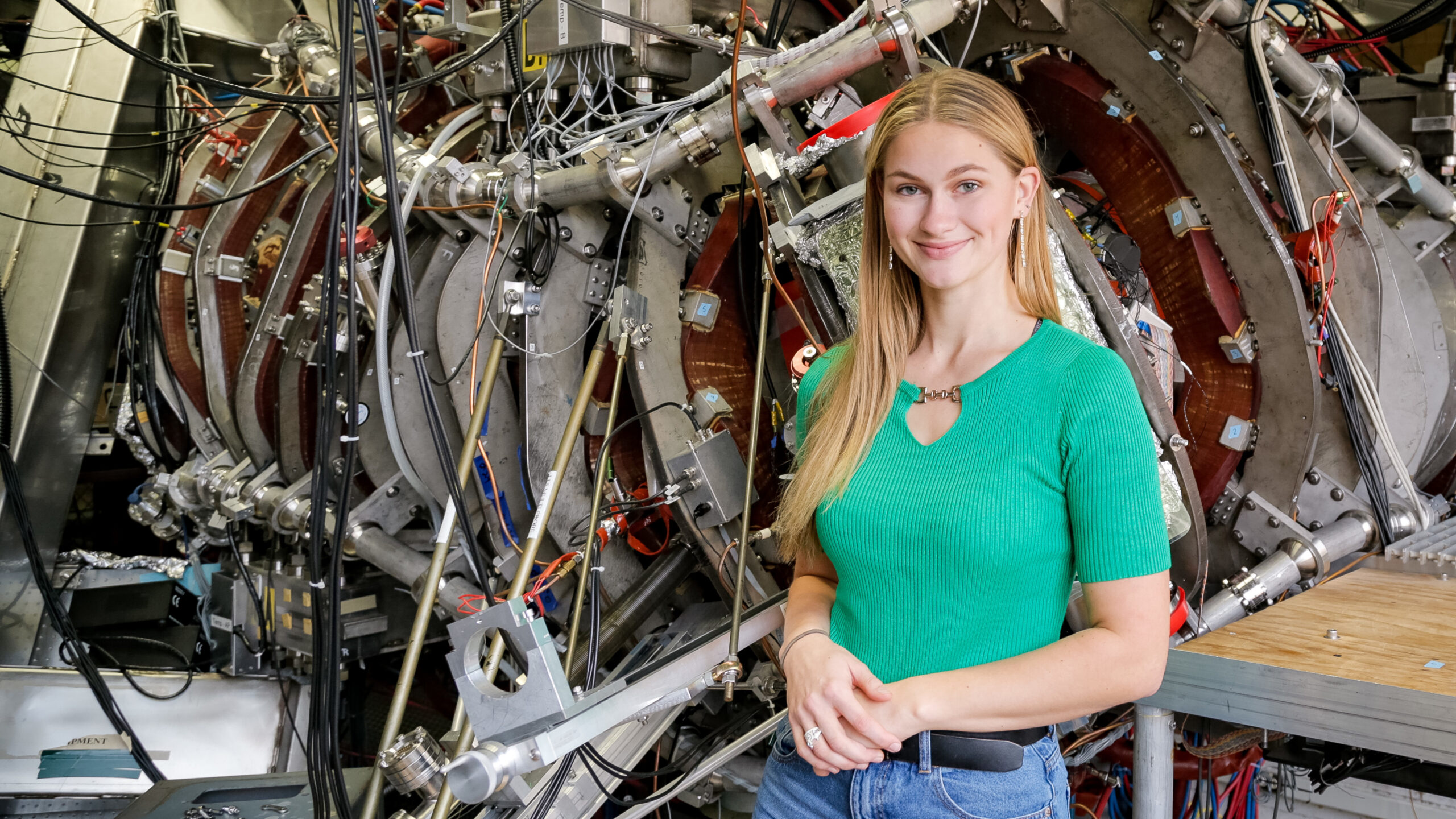
KAK: How could the Miss America competition become more welcoming to people of diverse backgrounds and diverse views?
GS: We already have an incredible, diverse group of women. Looking at the 51 women who were on that stage that night, we had … people from all different types of backgrounds. Our judging panel this year was incredibly diverse. It was recognized by Vogue magazine. That is something that is truly remarkable. We’re modernizing with (the) times and continuing to promote that.
KAK: Where does the Miss America competition go next?
GS: There’s a big difference in what the women are in the Miss America organization in comparison to any other organization. We’re not afraid to speak out and speak not only on a national level but on a global level. We’re promoting changes that are important and relevant in society. (With) America as a global leader, I don’t see why Miss America shouldn’t be. I’m excited to go into my year to promote clean energy for a cleaner future.
Wisconsin Public Radio, © Copyright 2025, Board of Regents of the University of Wisconsin System and Wisconsin Educational Communications Board.

